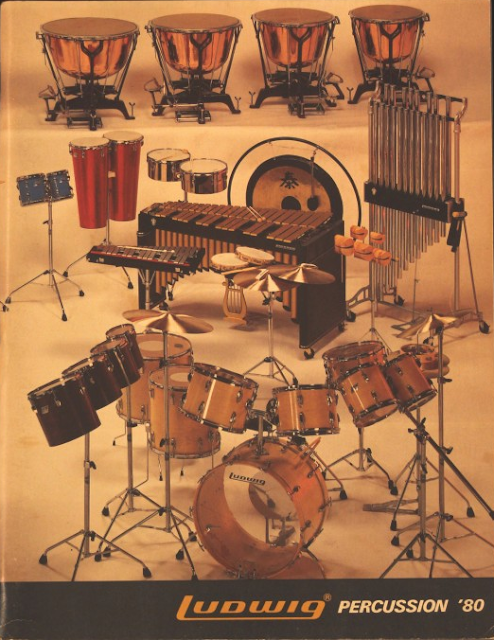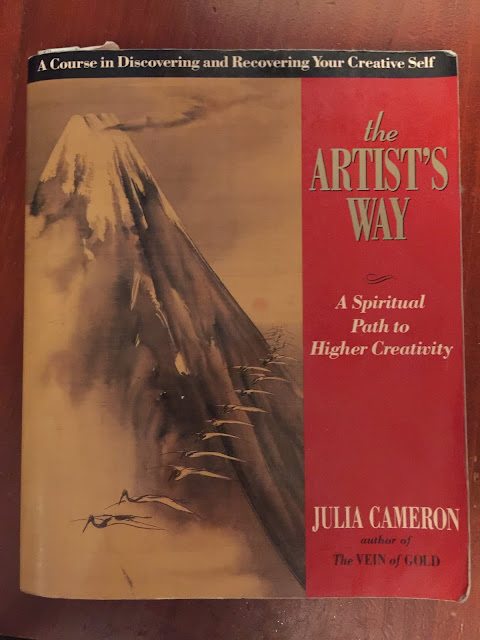Love What You Do And Always Play Your Best

Love What You Do If you play music, it may seem redundant to say love what you do , but it's the most important part of being a musician. It's also as important to love it enough to stop doing it when that love wanes. I've known enough other musicians in my career that kept playing long after they got tired of it because they felt trapped in some way. Trapped because they didn't know what else to do, or because they didn't want to look like a quitter, or because their ego wouldn't let them stop, even when their musical abilities were far past their prime. Always Play Your Best Being a musician is never easy. There are better and easier ways to achieve money and fame, so their has to be something more to keep you doing it night after night. I've been playing gigs since I was 15, which is nearly 50 years ago (yeah, I'm that old). For me, it's the love of playing music and communicating with people that keeps me going. I recently did a string ...







